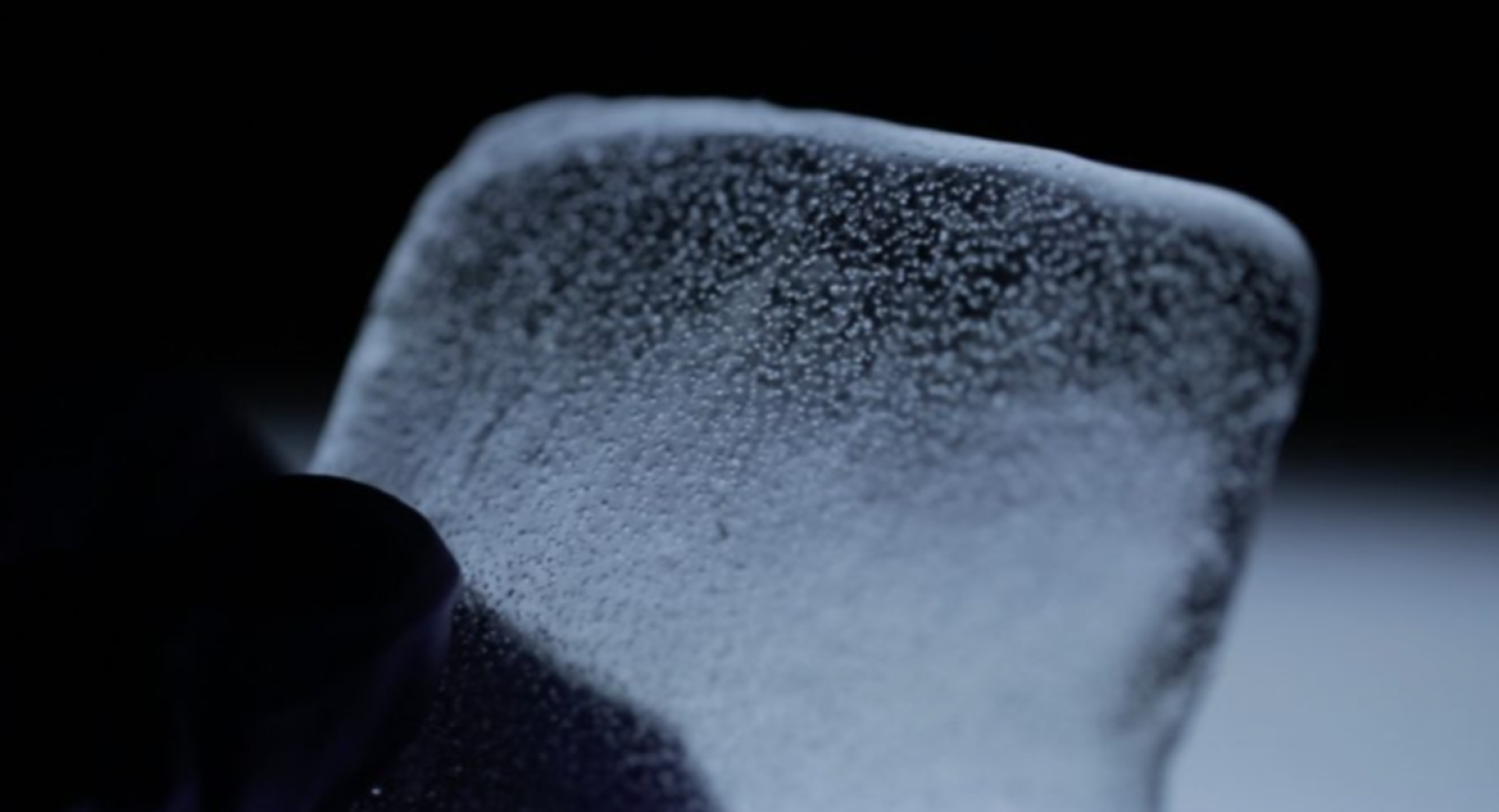Art & Art History News - October 12, 2020

Lecture by Susan Schuppli
As part of the Mellon Sawyer Seminar, Deep Horizons: Making Visible an Unseen Spectrum of Ecological Casualties & Prospects
Tomorrow! — TUES, OCTOBER 13, 2020 at Noon (MST), via Zoom
Registration (Register in advance for this meeting. After registering, you will receive a confirmation email containing information about joining the meeting)
Lecture: Cold Rights in a Warming World
"This presentation builds upon a body of work that I have been developing over the past few years exploring the many different knowledge practices that are mediated by "ice" from scientific expertise to local knowledge and indigenous traditions. My first phase of research explored ice cores as a planetary archive comprised of “material witnesses” that are capable of recording the Earth’s complex atmospheric histories. Ice acts a natural storage medium for recording climatic events because of its unique ability to capture and store evidence of greenhouse gases over hundreds of thousands of years. The air bubbles trapped in ice are not simply data-proxies that scientists read in order to understand the past in the ways that they might decode trees to gain insight into historic temperature variations, rather, it is literally ancient air and thus provides unique and direct evidence of climate change. This research also resulted in a documentary film shot in the Canadian Ice Core Archive and at a US Geochemistry lab where I spent time with the scientists that undertake its complex gas analysis. It also entailed conversations with the labourers who manage these icy infrastructures such as the drillers who extract cores under conditions of extreme cold and the archivists whose role it is to preserve and catalogue these fragile frozen samples of the Earth’s history in national ice core repositories. More recently I've been filming in Svalbard Archipelago as part of inquiry into sea ice and the geopolitics of the Circumpolar North, whereas the next phase its focus to glaciers. Specifically the Hindu Kush Karakoram ranges of the Himalayas. This is an area of the world where the changing material conditions of glacial ice are not only impacting directly upon local communities but also weather systems globally. In developing these sequenced projects over a number of years, each with multiple outputs, my research aims to coalesce disparate—and oftentimes incommensurate—forms of knowledge across a wide range of spatial scales and contexts that, when taken together, create a more complex understanding of our current ecological condition."
More about Susan Schuppli and the Mellon Sawyer Seminar
Image: Susan Schuppli, Learning from Ice, “Ice Cores,” color 4-channel installation, 1:06:22. Toronto Biennial of Art, 2019

